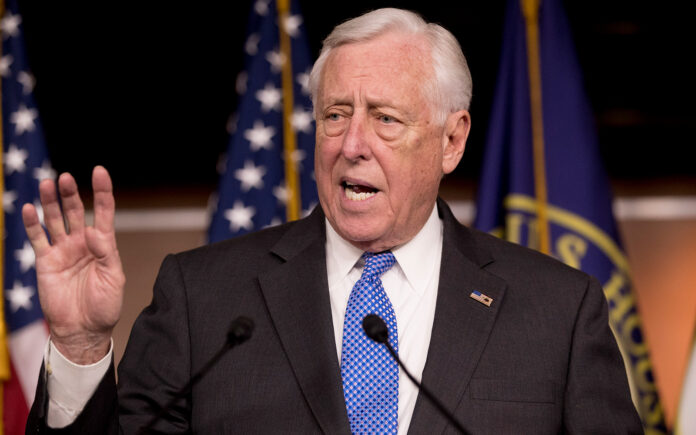As the federal eviction moratorium expired last month, House leadership including Speaker Nancy Pelosi (D-CA) and Majority Leader Steny Hoyer (D-MD) issued a statement calling for action from the Administration to prevent an impending eviction crisis. Despite this call for action, the Centers for Disease Control and Prevention (CDC) extended only limited protections to select areas with high or substantial COVID transmission rates. This has led many to question why Democratic leaders were so hands-off in their efforts to extend greater protections despite their strong words.
Investigations into campaign donations have now revealed that Hoyer has accepted money from firms that are actively buying up single-family homes ahead of an anticipated surge in evictions due to COVID-19. These companies have been found to be pursuing evictions during the pandemic, leading some to believe that money is influencing decision-making and overshadowing calls for action in the face of this growing crisis.
The case of Representative Hoyer not only highlights how corporate interests can influence policy actions but also shows how much is at stake when it comes to addressing this looming eviction crisis. The expiration of the federal moratorium has left millions across the country vulnerable to losing their homes as unemployment remains high due to COVID-19 closures. According to estimates by Zillow and Axios, more than 40 million people could be at risk of eviction over the next few months if current trends continue.
It’s clear that swift and decisive action must be taken by Congress and other government entities in order to create further protection from eviction during this pandemic. Without these additional safeguards in place, countless households are likely facing a future with little security and even fewer resources. As lawmakers consider solutions for this evolving situation, they should take into consideration those most affected by these policies—renters struggling with employment due to economic hardship—rather than catering exclusively towards corporate interests that would benefit most from inaction.



